Description
In Depth
Embark on a revolutionary health journey with Alimentum Labs’ MethylGenic, an advanced methylation and telomere support formula. Carefully curated to address genetic variations affecting methylation cycles, MethylGenic features a blend of meticulously selected B vitamins, minerals, and potent herbal extracts that aid in restoring telomeres, inhibiting cellular aging, and promoting healthy gene expressions. MethylGenic influences the cellular aging process by regulating TERT, MTHFR and other key genes to foster healthy cellular rejuvenation and longevity.
Beyond methylation and cellular anti-aging support, it effectively manages homocysteine levels to promote cardiovascular and cognitive health, while also supporting neurotransmitter production for enhanced neurological functions.
MethylGenic’s holistic impact extends even further to histamine balance, hormonal equilibrium, cellular energy, detoxification, and metabolic pathways, ensuring a comprehensive approach to well-being. By targeting essential genes like SLC19A, MTHFR, MTR, MTRR, PON, and TERT, MethylGenic invites users to unlock their full cellular health potential by embodying the convergence of cutting-edge science and nature’s powerful ingredients.
Key Features
- Folate, also known as vitamin B9, plays a crucial role in supporting healthy methylation processes, promoting cell growth, and contributing to various benefits from cardiovascular health to fertility support. By containing the active form of folate, known as 5-methyltetrahydrofolate (5-MTHF), which is readily used in the methylation pathway, MethylGenic not only aids in restoring telomeres and reducing cellular aging, but also provides essential support in situations where dietary folate intake may be insufficient or where genetic mutations affects the body’s methylation capabilities.
- Methylcobalamin, a metabolically active form of vitamin B12, supports healthy methylation processes and cellular longevity by functioning directly within the cells and supporting the activity of MTR and MTRR enzymes which are essential to the methylation cycle. It not only safeguards the integrity of myelin nerve sheaths, protecting nerve function, but recent studies also demonstrate its potential to cross the blood-brain barrier and directly support healthy neuron function.
- Centella asiatica, also known as Gotu Kola, harbors asiaticosides, a potent phytonutrient with the capacity to inhibit cellular death, enhance wound healing, and shield against oxidative stress. Recent research highlights DLBS1649, a compound found in C. asiatica, for its ability to prevent telomere shortening, potentially contributing to its anti-aging properties. With its rich B and C vitamin complexes and potent antioxidant properties, C. asiatica stimulates skin cell turnover and exhibits neuroprotective effects, offering potential in managing age-related changes in those areas.
- Selenium, an essential mineral, aids in bolstering the body’s antioxidant defenses against reactive oxygen species (ROS), thereby mitigating inflammation and oxidative stress, both of which are implicated in cellular damage and telomere shortening. Research suggests that by enhancing selenium intake, individuals may preserve telomere length through the regulation of oxidative stress and the activation of the telomerase enzyme encoded by the TERT gene.
- S-Adenosyl-L-Methionine (SAMe) is a vital molecule that acts as a universal methyl group donor and plays a pivotal role in multiple metabolic pathways that are essential for cellular health, including transmethylation, transsulfuration, and polyamine synthesis. Its significance extends from facilitating proper methylation to serving as a precursor for glutathione and various amino groups, making it clinically relevant for maintaining overall cellular health and longevity.
White Paper
The White Paper is your comprehensive guide to understanding this product. It details the ingredients, their functions, and how they work together to deliver results. Complete with usage guidance and safety information, it’s an invaluable resource for anyone seeking a thorough understanding of this formula.
Essential Ingredients
- Folate/5-MTHF
- Vitamin B12 (Methylcobalamin)
- Centella asiatica
- Selenium (L-Selenomethionine)
- SAMe
Directions
Take 2 capsules daily, or as directed by your health care provider.
Warnings
Keep away from heat, sunlight, and out of the reach of children.
Quality Guarantee
cGMP facility
Vegan
Non-GMO
Gluten Free
Dairy Free
No Sugar
Frequently Asked Questions
Who should take MethylGenic?
MethylGenic is recommended particularly for individuals with MTHFR gene mutations, those concerned with premature aging, individuals with elevated homocysteine levels seeking cardiovascular support, and those interested in optimizing cognitive function. Its comprehensive formula addresses various aspects of cellular health, making it suitable for anyone seeking to enhance overall well-being and vitality.
How should I take MethylGenic?
For optimal results, it is advised to take 2 capsules of MethylGenic daily, or follow the guidance of your health care provider.
Can I take MethylGenic with other supplements?
Yes, MethylGenic can generally be taken alongside other supplements. In fact, its benefits may be enhanced when taken with other Alimentum Labs products that support general health. However, it’s always wise to consult with your health care provider before starting any new supplement regimen, especially if you’re already taking other medications or supplements. Your health care provider can provide personalized advice based on your individual health needs and potential interactions between supplements.
Can I take MethylGenic if I'm pregnant?
While MethylGenic is generally considered safe when taken as directed and contains nutrients essential for a healthy pregnancy, it’s crucial to consult with your health care professional before incorporating any new supplement into your routine during pregnancy. They can provide personalized advice based on your individual health status and ensure the safety and appropriateness of the supplement for you and your baby.
Why is folate/5-MTHF important for proper methylation?
Folate, specifically its active form 5-methyltetrahydrofolate (5-MTHF), is crucial for proper methylation because it serves as a methyl donor in numerous biochemical reactions. Methylation is a process where methyl groups are transferred to various molecules, including DNA, proteins, and neurotransmitters, to regulate their activity. 5-MTHF plays a central role in this process by providing methyl groups for DNA synthesis, repair, and gene expression regulation. Without an adequate supply of folate/5-MTHF, methylation reactions may be impaired, leading to disruptions in cellular function and potentially contributing to various health issues.
How does MethylGenic slow cellular aging?
MethylGenic slows cellular aging by promoting optimal methylation, which maintains DNA integrity and regulates gene expression, while also targeting telomere preservation to promote cellular longevity. Additionally, its potent antioxidant blend helps protect cells from oxidative stress, collectively contributing to the slowing down of the aging process and promoting overall cellular health and vitality.


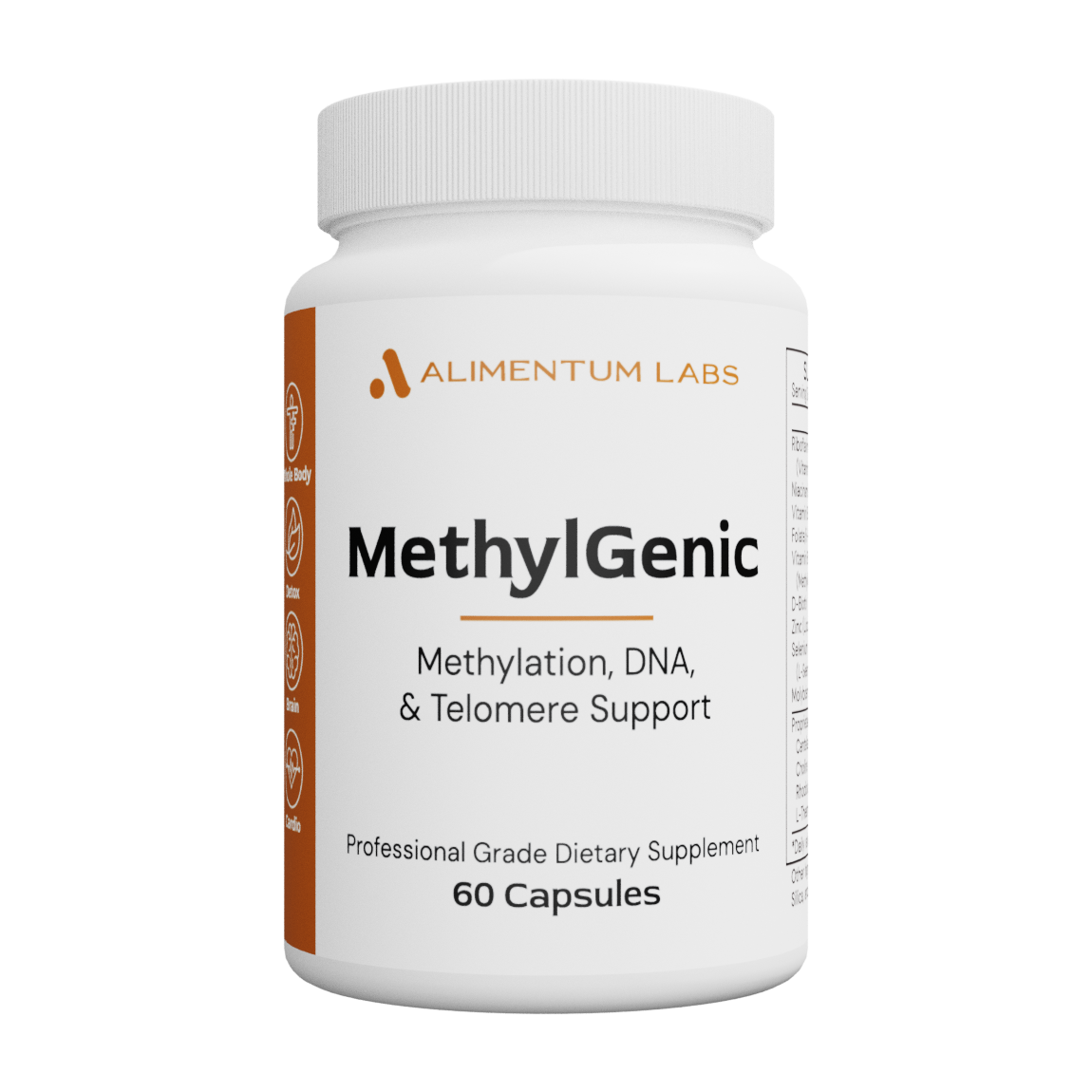
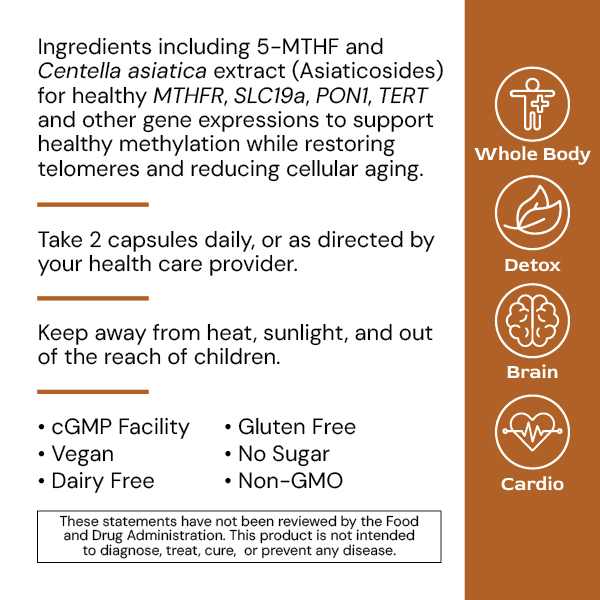

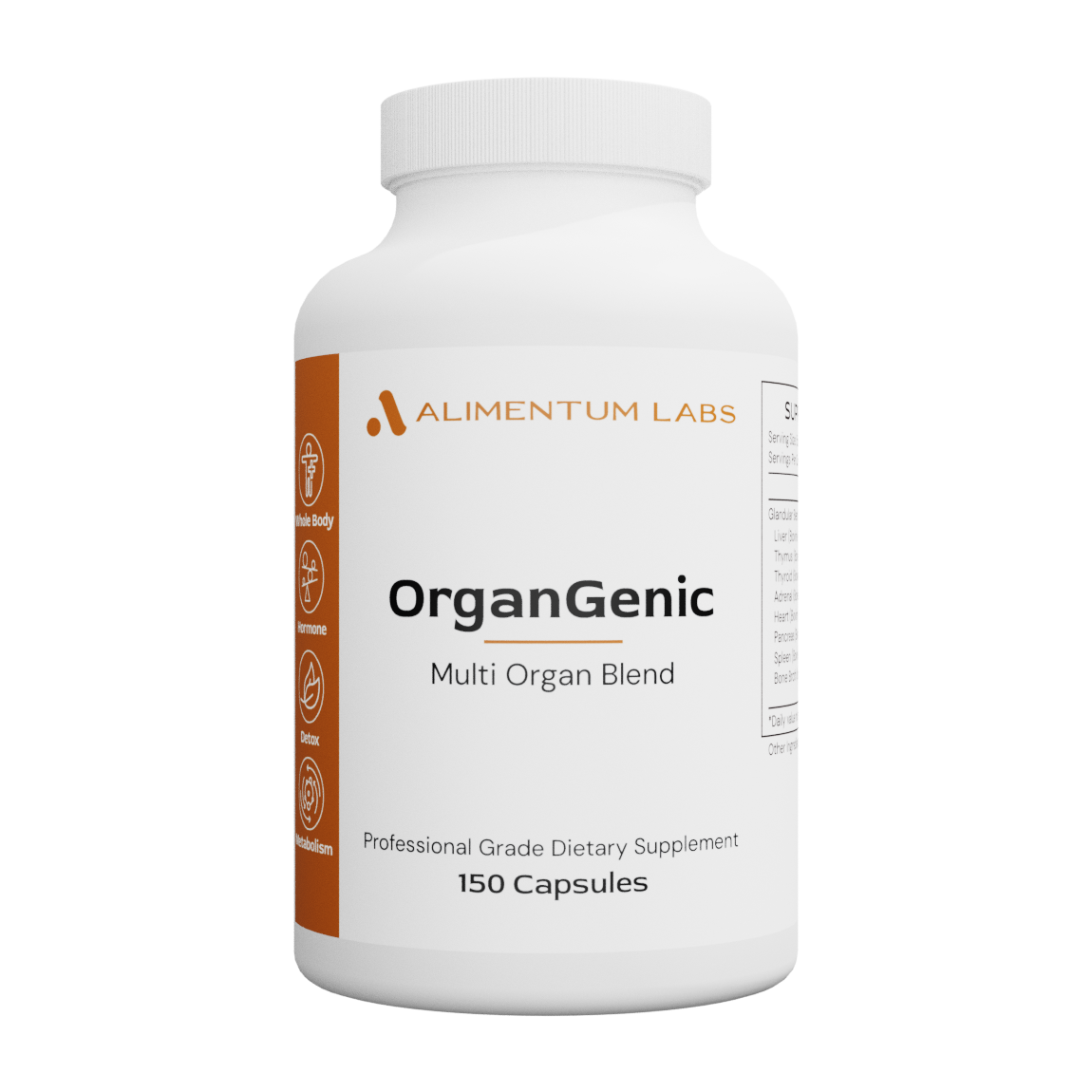
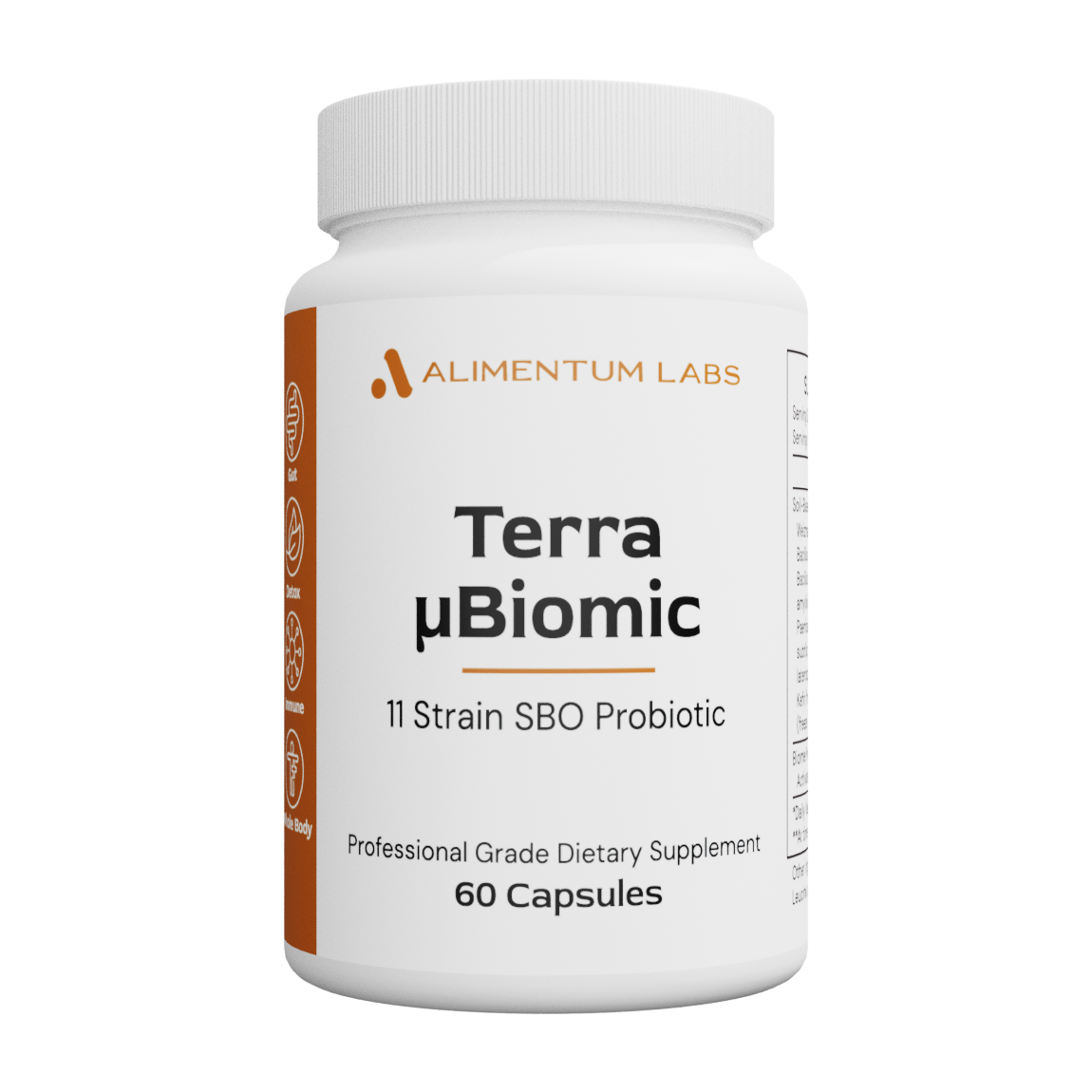
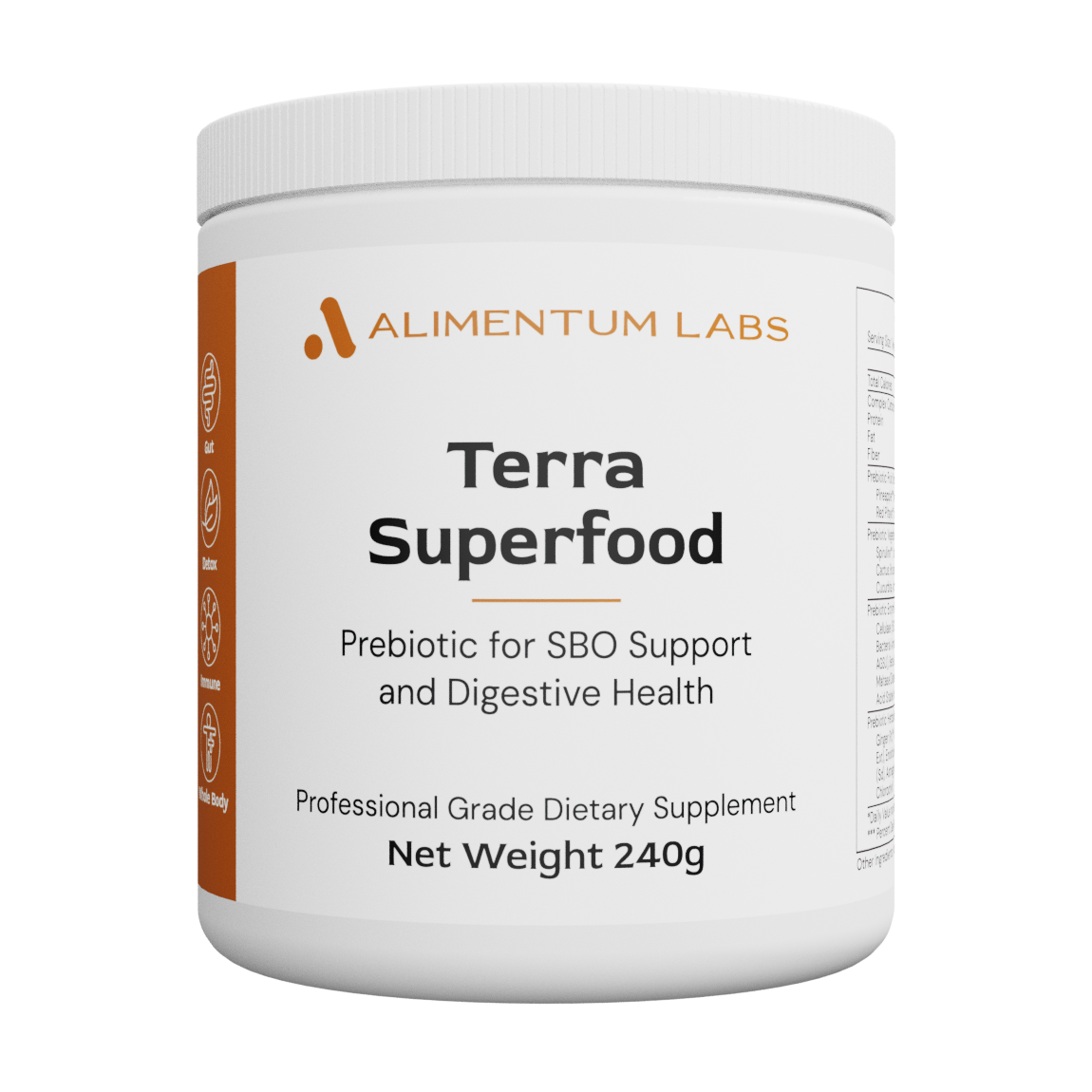
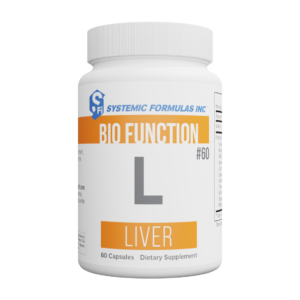
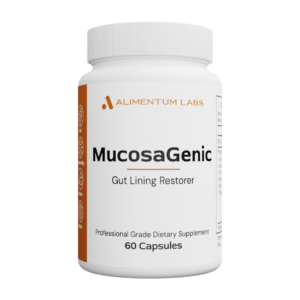
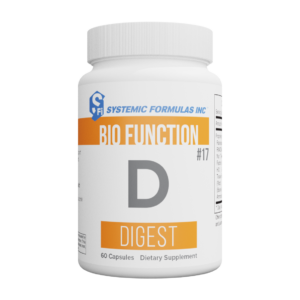
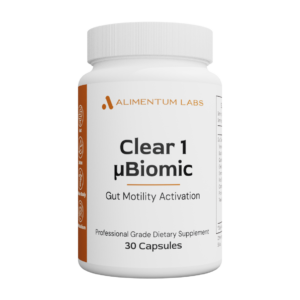

There are no reviews yet.